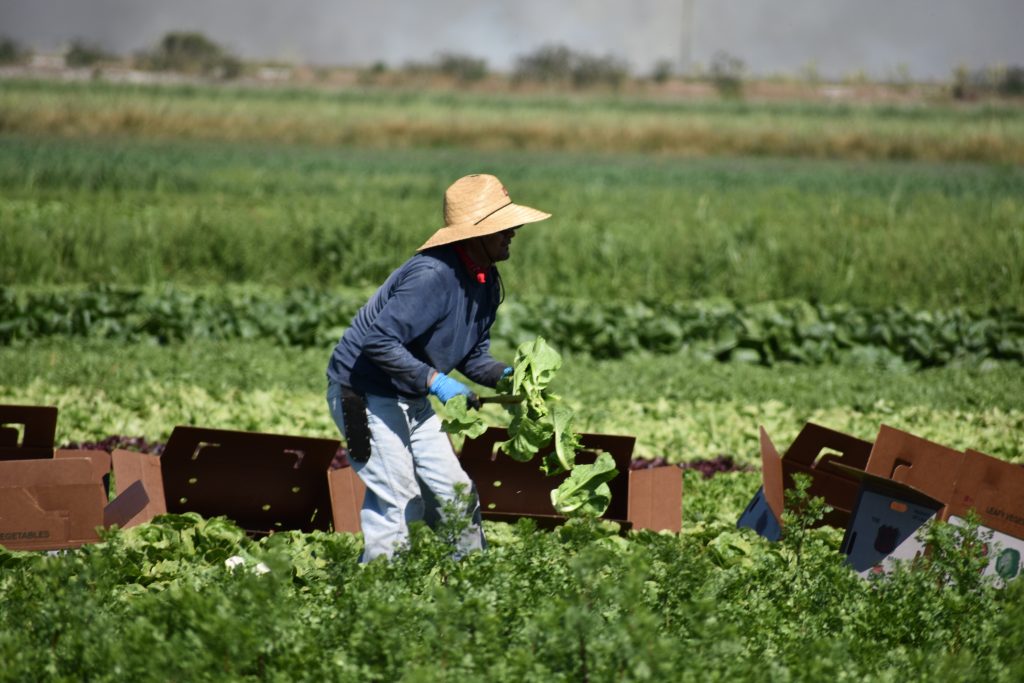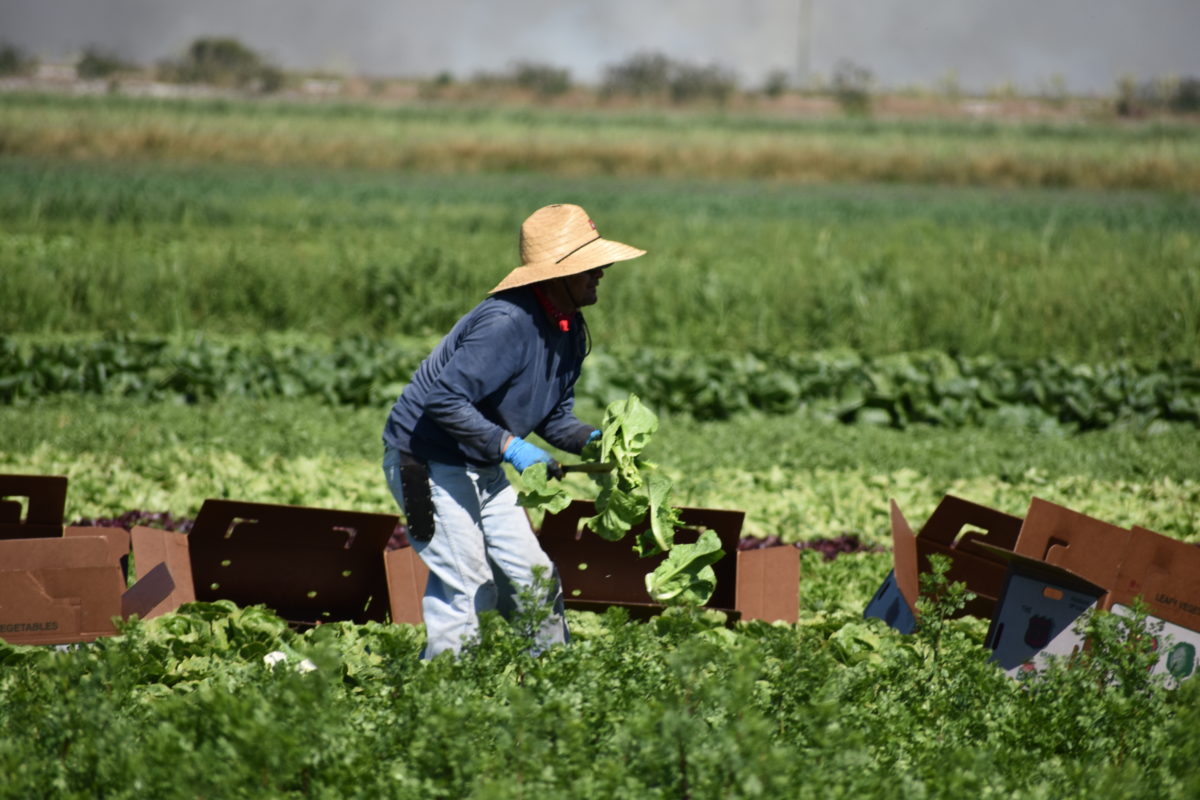
Farmers agree: H-2A is needed but it can be improved. Foreign workers are needed because of the lack of a domestic workforce. It needs improvement because it is a cumbersome and very expensive process.
“It needs to be simplified. It is just the hardest, most complicated thing to do and to stay legal,” said Matt Parke, farm manager of Parkesdale Farms in Plant City, Florida. “If you just stumble a little bit of a hiccup, it will cost you a boat load of money.
“It’s scary because you’re working with the government and you really have to walk the line. Even if you’re walking the line, you can always just mess up easily. Paperwork can mess you up, and it’ll cost you a boat load of money.”
What is H-2A?
The H-2A program allows U.S. employers to bring foreign nationals to the United States to fill temporary agricultural jobs. But the program is complicated and can result in delays of workers arriving to their destinations on time.
“It could definitely be streamlined a lot more. We’re constantly fighting delays is probably my biggest concern with it,” said Justin Corbett of Corbett Brothers Farms in Lake Park, Georgia.
Florida and Georgia are two of the states who use the program the most. Florida was the largest user during the first three quarters of 2020. It listed 28,005 certified positions. Georgia listed a little more than 23,000 certified positions.
Lack of Domestic Workers
The lack of a domestic workforce leads to the program’s necessity. People are not working on the farm. They have no desire to, now more than ever.
“Unfortunately, there’s just not enough domestic labor that’s incentivized to do this work,” Florida farmer Eric Hopkins said. “There’s unemployment and government handouts and everything right now. I’m reading in the paper today, even restaurants can’t find people to work in the restaurants because people are making money not to work. We’re going to have to change our mindset and get everybody back to functioning in this country.
“For a good reason sometimes, people have grown accustomed to not working. We’ve got to get retrained back into hustling again.”
The latest attempt at reform is the Farm Workforce Modernization Act. It has already been passed by the House and now resides in the Senate, though some agricultural organizations insist modifications need to be made.
High Costs
Maybe the most concerning part of H-2A is its high costs. The new Adverse Effect Wage Rate (AEWR) that was recently approved increased Florida’s wages by 3.2% to $12.08 per hour. Georgia and Alabama’s rates increased by 0.9% to $11.81. That does not account for housing and transportation costs.
Then there’s the concern of a potential $15 an hour minimum wage that is the wish of the Biden Administration. Florida just passed a minimum wage increase that will increase by $1 increments until 2026 when it is $15 per hour.
“It’s going to make it very tough. H2A will go up in accordance with it,” Hopkins said. “A lot of times these programs are set up to have people make more money. What we’re going to have to do is cut back on their hours and find ways to get more mechanized, unfortunately.”
Georgia farmers are hopeful a similar increase is not adopted across the country.
“Labor is our No. 1 input cost. To talk about where AEWR is now to $15 an hour without an increase in sale price, it would put us out of business,” Corbett said.










